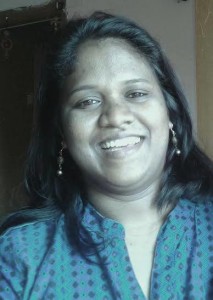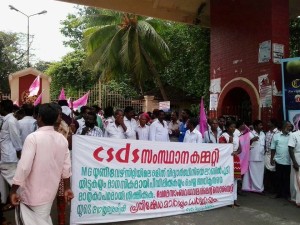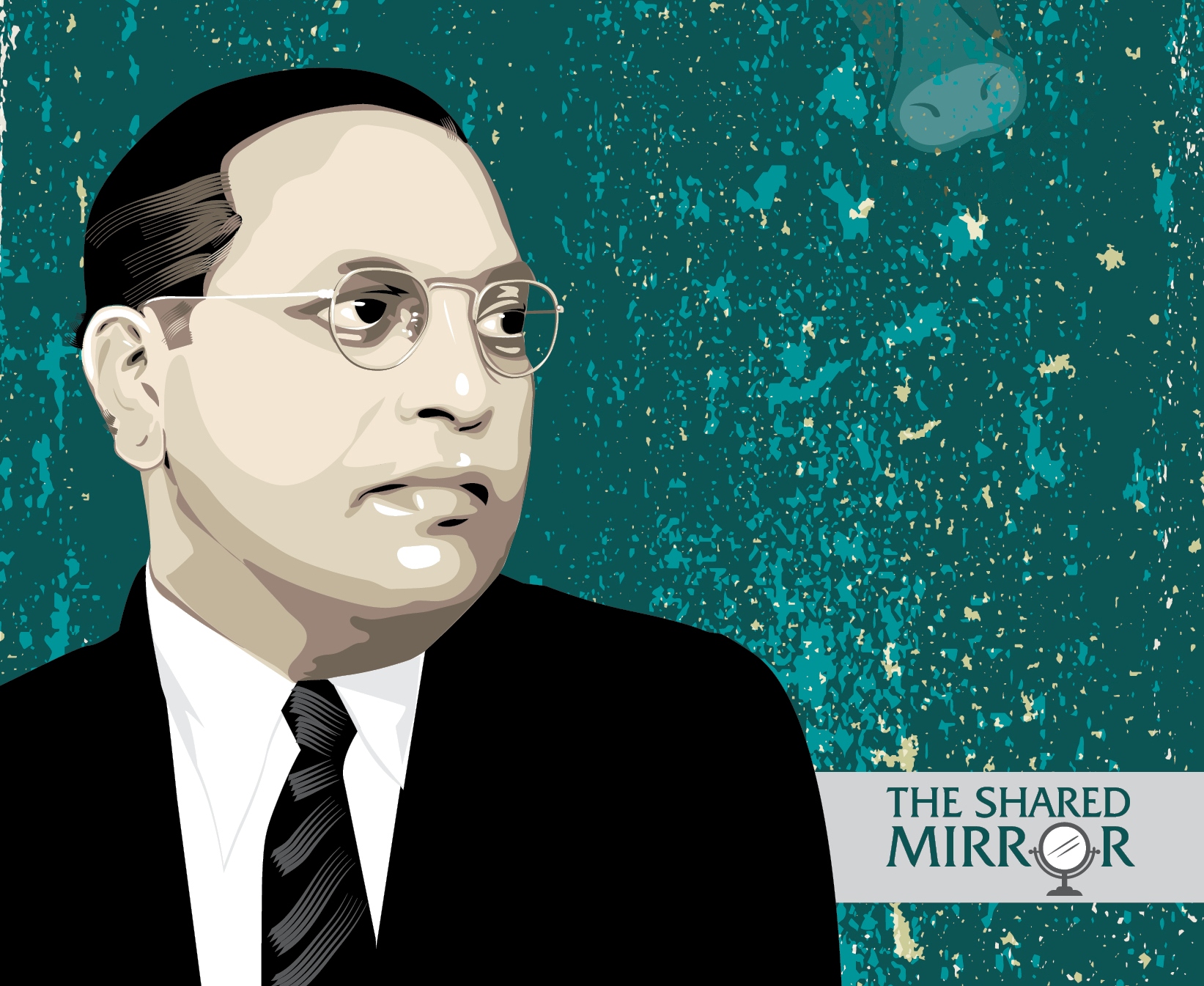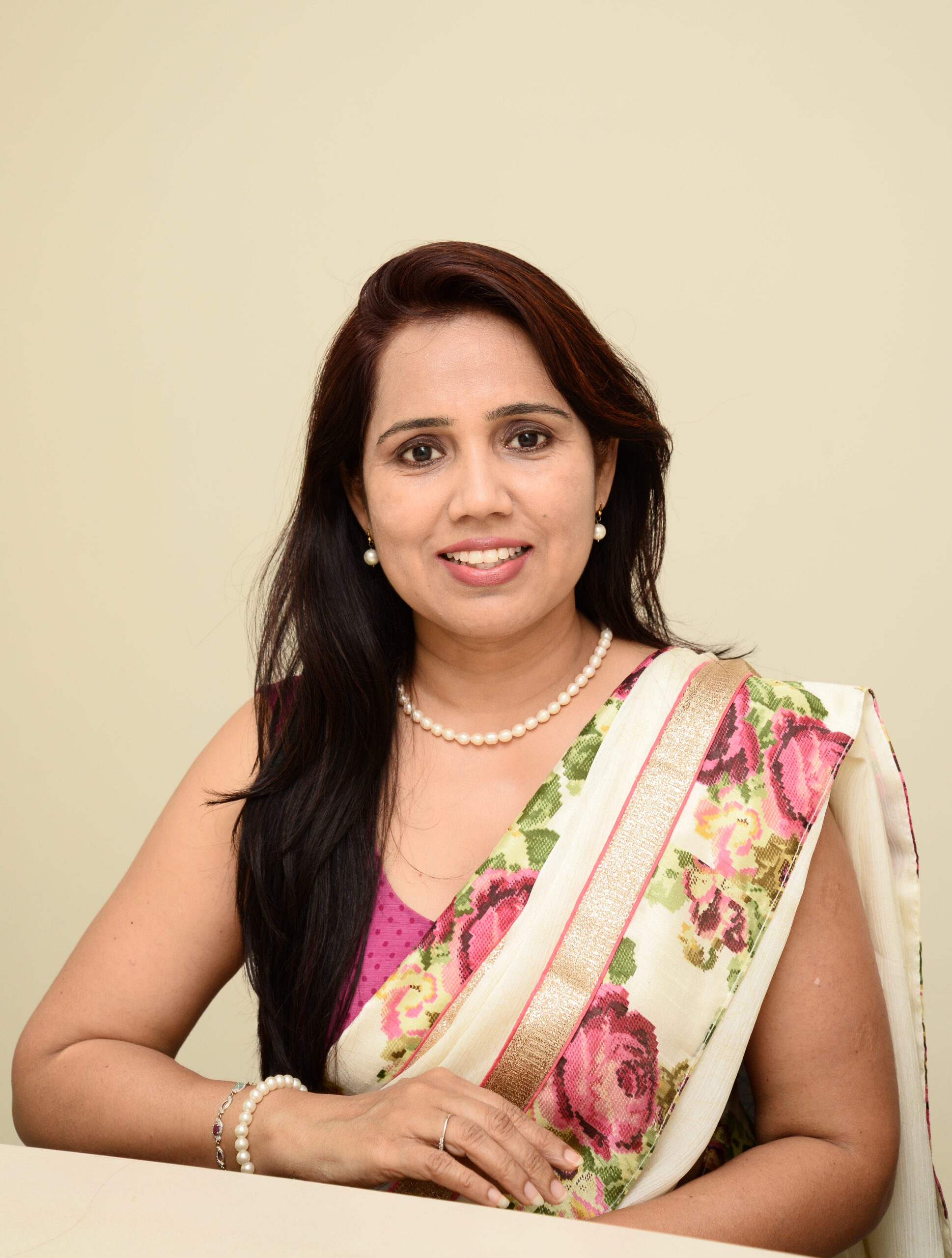Praveena Thaali

The academic sphere is generally seen as a space for knowledge creation. However, it can be argued that there is Brahminical hegemony over knowledge which is knowingly or unknowingly reflected in the academia. What kind of knowledge is being produced and by whom? This issue has to be debated seriously. There are few studies that talk about issues of caste discrimination in higher education that focus only on the human rights perspective. Unfortunately, these studies hardly talk about the deliberate exclusion of Dalits from the realm of knowledge production. Certainly, it is a question of human rights, but there are deeper yet-to-be discussed problems underneath.
The studies on Dalits and other subalterns have received huge academic attention in recent times. In fact ‘Dalits’ remain the subjects for study while the academic contributions by Dalit students are often considered non-academic. This is not surprising because the Brahminical knowledge dominance operates in academics through its language elitism, and a particular style of articulation and use of jargon which is considered essential for scholarly articulation. Despite being in terrible situations, it is demanded of Dalit women to ‘prove’ their scholarship with engagements within this exclusive framework. African American women scholars have theorized their experience in academics which deepened their assertions and articulated it in a political manner. For example, Patricia Hill Collins* explains how the black women in academia struggle against the notions of “black women inferiority” in the US. In fact, they find ways to do intellectual work that challenges injustice. But even the preliminary attempts by Dalit women scholars at academic engagement are often disrupted by the academic elitism prevalent in India. Studies are yet to come out on the experiences of Dalit women in the academic sphere. The Dalit-woman question is not merely an issue of inclusion or protection. It is also an issue of citizenship too. But the elite academics seem to believe that they are special category which needs special preference. They consider the Dalit-woman question as an ‘issue of category’ which can be settled through soft dialogues and debates.
The recent issue that has come to light in Kerala is a good pointer to the Dalit woman’s experience in the academia. Deepa M Mohan is a PhD scholar in Nano Technology, an emerging discipline in Mahatma Gandhi University, Kerala. She is the only Dalit student at the centre. Deepa completed her M.Phil from the same centre and had been waiting for two years for her results to be published. In the meantime, she secured admission directly into the PhD programme by clearing GATE. During her M.Phil days, she faced discrimination at the hands of her supervisor. She says, “Prof. Nandakumar, her M.Phil. Supervisor (who also happened to be the joint director of the centre) commented in front of her fellow scholars that her M.Phil.Thesis was plagiarized”. She joined the Ph.D programme in March 2014. Not only that no course work was offered to her till the end of the first semester, she was also not allowed entry into the laboratory. She approached the faculty of the centre to get permission for lab facilities, but was denied it. Interestingly, in the meanwhile, they kept on asking for her work report without allowing her any lab work. “Many other students are using the lab facility and costly materials for their experiments even without registration”, adds Deepa.
On the 10th of January 2015, Deepa borrowed some materials from her friends and entered the laboratory. While she was working in the lab in the evening, Prof.Nandakumar locked the door from outside. She called out for help, but soon realized that the entire building was locked and the staff and students had left for home. She was scared and called the police who arrived and let her out. After this incident she filed a complaint against the faculty with the university authorities, but they did not take any action. She believes that this incident would not have happened without the knowledge of the faculty and fellow students. She also feels that it would not have happened, had she belonged to an upper caste.
This incident of discrimination against a Dalit woman scholar raises certain fundamental questions on how caste works in academics. I feel the same attitudes operate in all other Indian universities. That is the reason why many Dalit women students are mostly treated as either ‘meritless’ or ‘incapable’ to be part of any academic discourse. In the above-mentioned example, Deepa underwent the same predicament. These incidents raise some important questions. First, what constitutes merit? Second, does it have any relationship with one’s genealogy? Third, who decides the parameters of intelligence which makes all Dalit students who make use of reservation suspect?’
The question of merit is very complex. Connecting Dalit women scholars to their ancestral caste-based occupation (of belonging to labouring castes) is the reason why casteist academia suspects their ability to read, write, and understand. In personal conversations, many Dalit women from various universities shared the same experience of supervisors and fellow students ‘suspecting’ their knowledge. If a Dalit student stands first in a class, it would be commented upon as an unusual situation, where people might say: “she/he is the first in the class despite being a Dalit”. Therefore, a Dalit student securing first rank in the class itself brings out the entrenched prejudices, and breaks casteist stereotypes. It reminds me of Toni Morrison’s words about benefits (merit) in the context of race. ‘Racism’, she says, ‘as a social construct brings abundance of confidence to a person.’ This truly shows how the stereotypes about merit are linked to race, which is applicable in the Indian context of caste too.

Deepa’s is a perfect example of how caste and untouchability persist in the academic system. Punishing Dalit women is the duty of caste patriarchy. In rural villages, this punishment would have taken the form of stripping or other kinds of humiliation. It happens in various forms in most higher education institutions in India. The discrimination would be very direct in science departments, whereas disguised or indirect discrimination takes place in the social sciences. There are many students who discontinue their studies as a result of such experiences. Some commit suicide and many others face severe mental stress due to these forms of caste discrimination. The preconceived notion about one’s intelligence is obviously related to one’s social background. Dalit women scholars have to be smart and workaholic like others scholars. But at the same time they have to ‘convince’ others that they are really doing well. Even if they perform well, it may not be acceptable. It clearly indicates that demarcating caste and merit is one of the toughest tasks in academics.
Dalit women are striving to reach a better position in academics and struggling to surmount multiple barriers simultaneously. Deepa’s experience is one of the best examples of exclusion faced by Dalit women in the academic sphere. The present tendency in India is to confine discussing Dalit women’s issues only to the sexual violence that they experience, whereas the myriad other oppressions are less heard of. Why is it that only physical violence against Dalit women is acknowledged and not the humiliating attacks on their intellectual capacity? This is an important question to be debated.
Universities are a part of the larger society, and it thus follows that the societal prejudices will find a place in these universities too. Doubts cast on their intelligence and capabilities are present forms of caste discrimination faced by Dalit women in academics. Hence the issues of Dalit women should not be stereotyped as relating only to sexual or physical violence. This leads to the neglect of the attack on Dalit women inside the academia.
~
*Collins, Patricia Hill. (2002) Black feminist thought: Knowledge, consciousness, and the politics of empowerment. Routledge.
~~~
Praveena Thaali is doing her Ph.D at Center for Human Rights, University of Hyderabad.


well written..it is not unusual that Dalit scholars, especially the women scholars are victimized by the Brahmanical academic intelligentsia. There are a number of Deepas in entire India, many of whom face harassment, if not by the supervisor but by the academic elite within the centres, but keeps the pain inside. There are in fact cases of mental tortures of Dalit teachers for they dare to talk against the Brahmanical system. Such harassment is due to the fact that Dalit women scholars and the Dalit teachers who opt for academics dare to break the Brahmanical norms of exclusion from knowledge system, as education, they think, should be preserved only for them. But we will follow the words of Babasaheb-“Educate, organise, agitate”- to stand against such a system.
Jai Bhim!
Jai bhim,
Well written. Clear and meaningful. Good articles can be written without use of jargons.
Ruman sutradhar are you really think so? ? Speak them true:-)
[…] easily from our memory. As an example of similar experiences from teachers, we have before us, the much-discussed case of Deepa, a research student in the department of Nanoscience of Mahatma Gandhi University, Kerala. What has […]